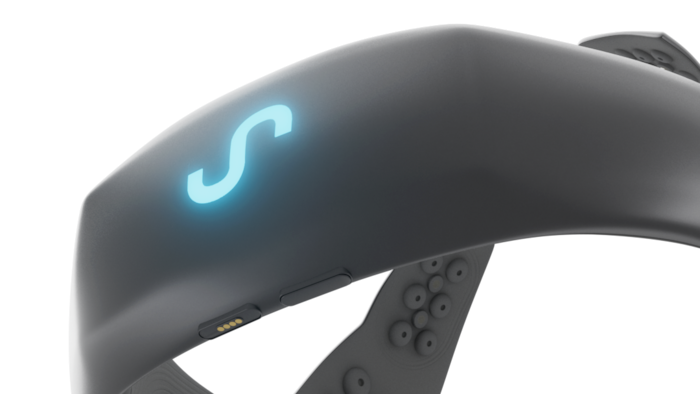Subsense Develops Nonsurgical, Nanoparticle-Based Brain-Computer Interface For Neurological Disorders
‘They’re developing the ingredients, we’re cooking the recipe,’ Subsense neurotech lead Cyril Eleftheriou says about the start-up’s collaborations with leading academic institutions to develop a nonsurgical brain-computer interface.

